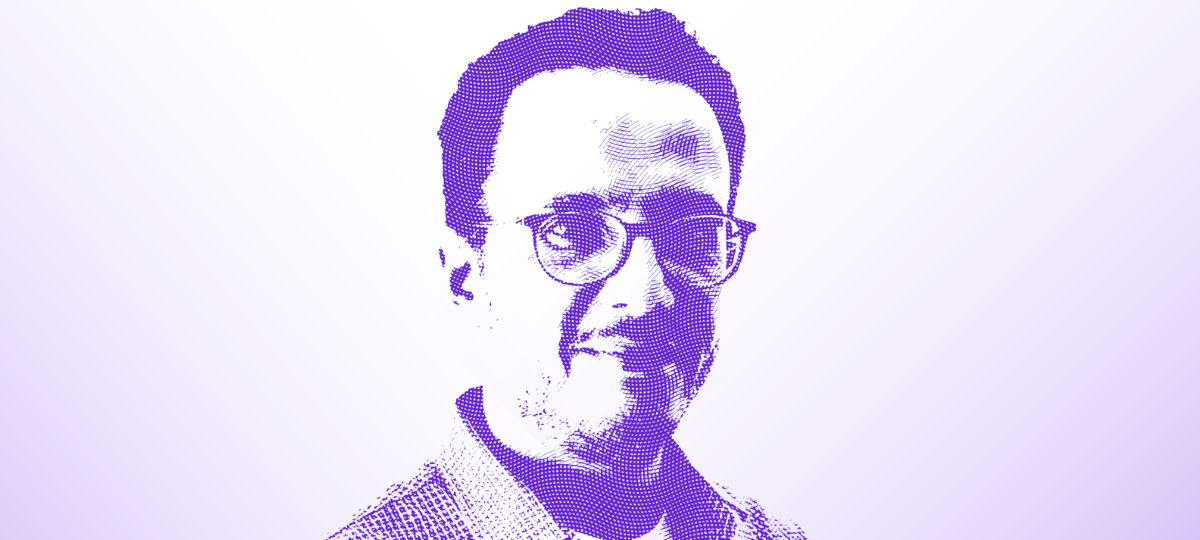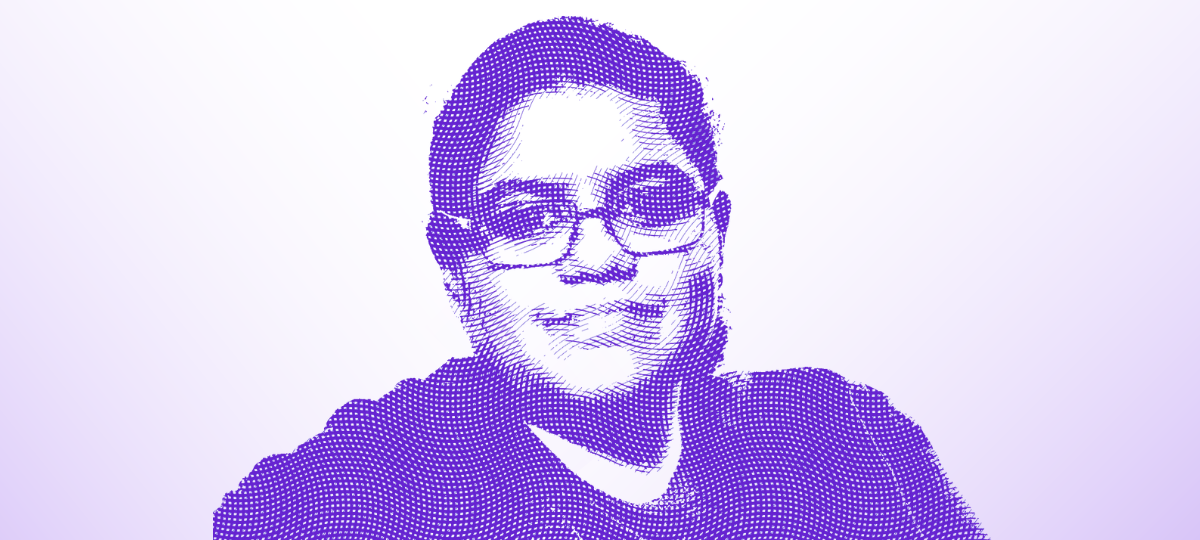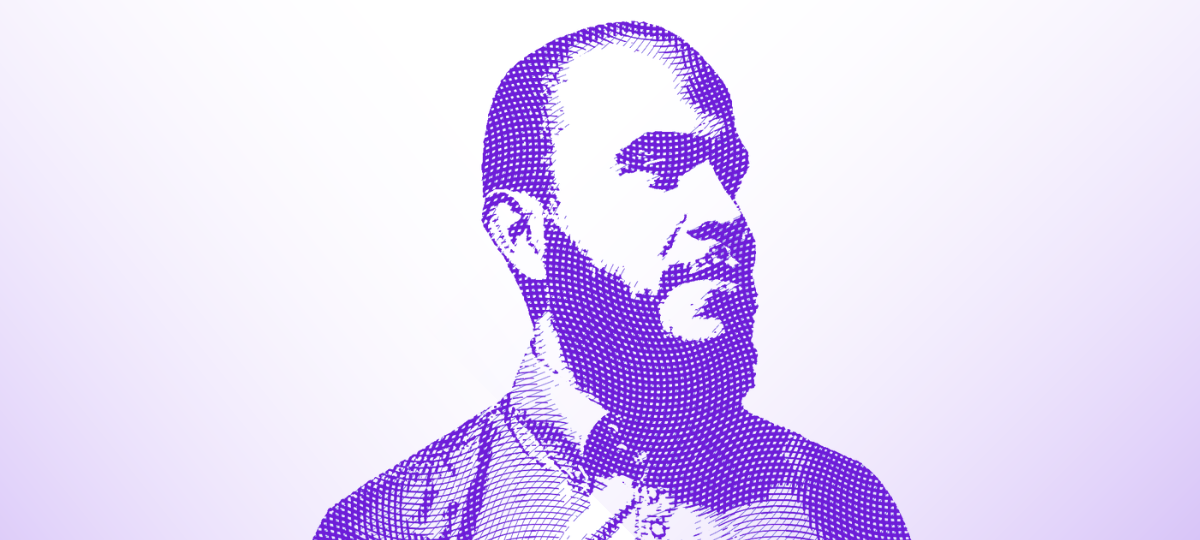
Arnoldo Mora has been an X-Team engineer for six years. He lives in Costa Rica and, when I interviewed him five years ago, he was about to start a permaculture farm. Since then, he posted several updates about his progress in our #club-permaculture channel.
In this second interview, we discuss what his farm looks like now, what his plans for it are, how he helps his community become more sustainable, and where X-Team fits into the whole picture.



Hey Arnoldo. From the photos in our #club-permaculture Slack channel, I see you've made great progress with your farm. Can you tell me how it's going? What has happened since 2018?
It's been a long and crazy journey since then. I've known for a long time that I was meant to build a little farm. In 2018, I experimented with regenerating some land an hour from where I live (in the South Caribbean of Costa Rica). More to learn about the process than to go and live there. The experiment went well and we've been growing food there ever since.
Meanwhile, I've hiked all over the region to try and find the right place for the farm where I'd eventually live too. I looked into all the challenges, from geographical and natural challenges to legal challenges. It took me until mid 2022 before I closed a deal on two hectares of land.
The land has some tropical forest and some creeks, but mostly it's cow pastures. We've since been regenerating those pastures to make the soil come back to life, and to then transform it into a food forest.
Right now, a year in, about a third of the soil has been regenerated. We've introduced around sixty food and medicinal species. We've also built a camping deck and are about to finish other camping facilities like a rainwater system, a shower, a compost toilet, and a little warehouse.
That's incredible work. Congratulations. What do you plan to work on next for your farm? What are your current goals for it?
Once we've finished what we're building now, we're going to put in solar and a satellite internet connection. This is very important because right now we don't even have cell signal, which makes communicating with the team while they're doing any sort of work complicated.
Internet will make it possible for us to stay on the farm for longer periods of time. It'll also help us accelerate the agricultural process. We're hoping to finish the final two thirds of the soil regeneration process faster than the first third.
In the medium term, we want to open the space to family, friends, travelers, and permaculture enthusiasts. Either for free or for cheap, as a camp site where they can come and learn about regenerative development.
We also want to organize some one-day group trips for newcomers and travelers to learn not just about permaculture and regeneration, but also about our region's history and the mysticism of our local indigenous cultures, which is very powerful but not well-known or appreciated.
The long-term plan is to build a house and live there.



You also mentioned in the previous interview you were trying to build a community network to promote bio-regionalism where you live. How's that going?
I slowed that project a little bit. Community organization would've been another heavy workload, and I had to prioritize the farm. But in a way we ended up working as a network for the farm anyway. Because of the farm, we've spoken to the national press about our regional ecological challenges.
What we said worked, too. The Minister of Natural Resources ended up removing a corrupt local authority that worked together with local criminals on ecologically destructive projects.
Last year, we also resisted the central government's regional plan to turn our coasts into a touristic area with big hotels. We involved the entire national ecological movement, as well as some great lawyers, who took the government to court and blocked their plan by pointing out all the scientific and technical inconsistencies they used to justify their project. Because of our work, they failed big time.
This being said, I eventually took a step back from all of it. It was very time consuming, but also quite risky for my personal security. Still, we keep collaborating as a decentralized community who make important things happen.
That's incredible. But please stay safe! You're doing such valuable work. Let's talk about how X-Team fits into this. One of X-Team's more important ideas is that we help developers build the lifestyle they want. Has that been the case for you?
Being an X-Teamer has been crucial in this entire process. First of all, being able to work remotely lets me live wherever I want, which is close to the farm and soon at the farm itself.
I've also been using my Unleash+ budget to pay for my education on regenerative development, and it covered other expenses like trees as well.
But it's also been important to add some balance to my life. It's exactly that balance that gives me the clarity to think about my side projects, where I am right now, and where I want to be in the future.
I'm extremely grateful for my six years at the company, for the amazing people I work together with every day, and for the opportunity to learn and share. I'm particularly proud of the XHQ development team and the highly talented people I met there. It's been an incredible journey.
Do you want to join a community full of passionate software engineers like Arnoldo? You can! X-Team is always looking for experienced software engineers. Create your candidate profile today.
TABLE OF CONTENTS



